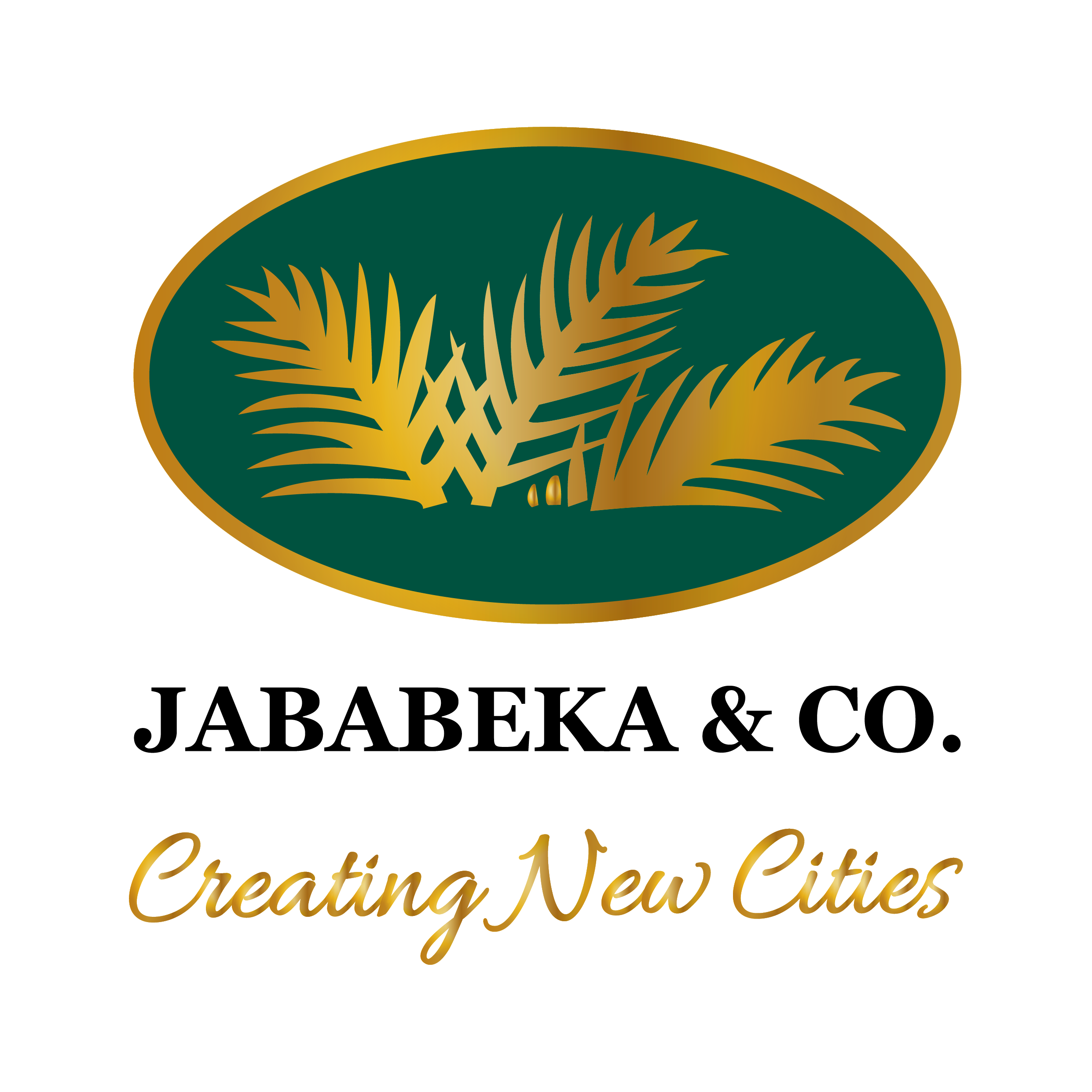Jababeka Industrial Estate to Become the First Net Zero Industrial Cluster in South East Asia

Group joins World Economic Forum’s net zero initiative supported by Accenture and EPRI
BALI. Nov. 11, 2022 The industrial plants at Jababeka Industrial Estate in Cikarang, Indonesia, are collaborating to create a net zero industrial cluster comprising Pertamina, Hitachi, Unilever and L’Oréal – a first in South East Asia.
This group signed a joint statement and announced its plans to be the first net zero industrial cluster in the region during the Indonesia Net Zero Summit, a side event of B20 Indonesia 2022. The cluster will be supported by the World Economic Forum and Accenture as part of the “Transitioning Industrial Clusters towards Net Zero” initiative in collaboration with Accenture and EPRI.

It plans to collectively develop decarbonization solutions at Jababeka Industrial Estate with the goal of achieving net-zero carbon emissions before 2050, supporting Indonesia’s net zero target by 2060. Other key objectives include enhancing operational efficiency and circularity and transitioning to solar powered electricity, and other renewable sources. These goals will be part of the B20’s energy-transition efforts that support Indonesia’s G20 presidency in 2022.
Agung Wicaksono, Managing Director Jababeka Infrastruktur, said, “The Jababeka net zero industrial cluster will be built on the groundwork we have laid as an industrial estate over 30 years with companies from 30 countries to transform for the future, using operational and digital technologies. This initiative will help companies in South East Asia’s largest industrial park to take a leading role in addressing rising consumer demand for sustainable products and responsible business practices.”
Nicke Widyawati, President Director and CEO Pertamina and Chair of the B20 Energy, Sustainability and Climate Change Task Force, said, “Increasing the use of renewable energy solutions is important to lowering carbon emissions from industrial activity. But achieving decarbonization requires collaboration between many stakeholders, so we are seeking additional companies at Jababeka to join this new group. Pertamina, as the only Indonesian company in Fortune Global 500, is keen to drive this decarbonization journey as an energy company.”
Alper Kulak, Supply Chain Director Unilever Indonesia, added, “We are committed to reduce emissions to zero within our own operations by 2030 and to net zero across our value chain by 2039. However, we believe that the actions of a single business acting alone will not create the systemic change that is needed to achieve a climate-neutral world. As a long-term tenant of Jababeka, we fully support Jababeka and its industrial estate in this initiative and its endeavor to collectively support the Indonesian government’s net zero emissions target by 2060 or sooner.”
Puneet Verma, Director of Plant Operations L’Oréal Indonesia, said, “Taking into account our position as a beauty leader and our global presence, L’Oréal is committed to take on greater responsibility. Through L’Oréal For the Future, we are committed to achieve 100% carbon neutrality in all our sites by 2025 globally. On top of that, what I want to highlight more is that we witnessed the acceleration of our internal transformation in contributing to overcoming climate change in Indonesia. In 2021, all our sites are already using 100% primary renewable energy and in 2023, our factory in the Jababeka Industrial Estate will achieve 100% carbon neutrality. Together, we want to demonstrate that companies can be part of the solution to the challenges facing the world.”
Yasuhiro Yamamoto, President Director Hitachi Astemo Bekasi Manufacturing, said, “With the launch of our 1248kWp rooftop solar PV installation at our plant in October, the largest to date on a single building within Jababeka Industrial Estate, Hitachi Astemo look to accelerate the transition to net zero at the industrial cluster.”

About Jababeka Industrial Cluster
Jababeka Industrial Estate in Cikarang is managed by Jababeka Infratruktur – one of the subsidiaries of PT Jababeka Tbk – that is covering an area of about 5,600 hectares. Jababeka Industrial Estate is an industrial complex for manufacturing and other operations of more than 2,000 companies from 30 countries, including major international and local brands. The new industrial cluster brings a coordinated, multi-stakeholder approach to industrial decarbonization. It continues to seek additional public and private partners to collaborate on realizing this ambition. Key areas of interest include rooftop solar panel (PV), organic waste management, circular manufacturing, electric mobility and exploring hydrogen and carbon capture, utilization and storage (CCUS) solutions.
